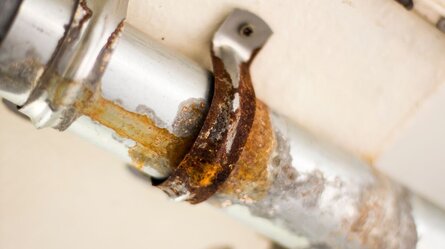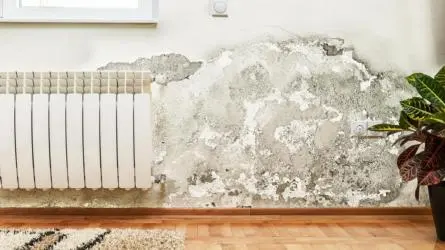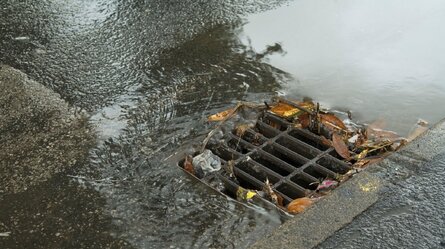Ever thought about how the water running through your home’s pipes could be causing silent damage over time? Many Australian households deal with hard water, which contains higher levels of minerals like calcium and magnesium. While these minerals aren’t directly harmful to your health, they can have a notable impact on your plumbing.
In Australia, hard water is more prevalent in certain regions, affecting countless homes with its subtle but cumulative impacts. When water with high mineral content runs through your pipes and fixtures, it can lead to gradual buildup, reducing efficiency and increasing the likelihood of costly repairs. Understanding the impact of hard water is crucial, especially when it comes to maintaining your plumbing system—from sinks to water heaters. Addressing hard water issues early on can help you avoid frequent inconveniences and unexpected expenses, making it essential knowledge for homeowners everywhere.
What is Hard Water? Understanding its Composition
Hard water refers to water that contains high concentrations of dissolved minerals, primarily calcium and magnesium. Unlike soft water, which has low mineral content, hard water’s high mineral deposits can lead to various household issues.
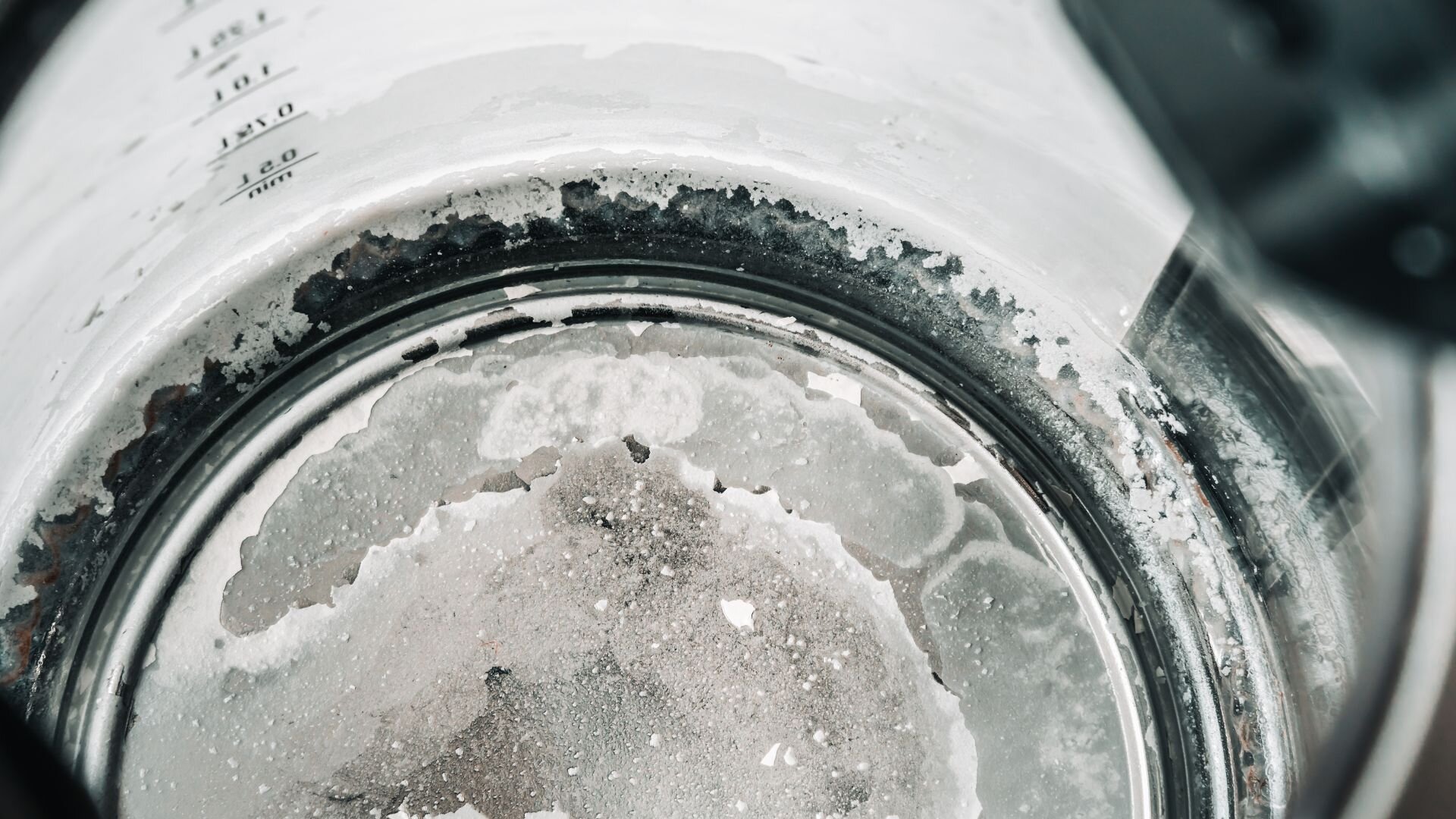
These dissolved minerals enter the water supply as it moves through soil and rock, absorbing calcium and magnesium along the way. In regions of Australia, such as South Australia and parts of Victoria, hard water is particularly common due to the geology of the area.
The effects of hard water are evident in everyday activities like cleaning, cooking, and maintaining plumbing fixtures. Hard water can cause soap scum in washing machines, leave chalky residue on surfaces, and reduce the efficiency of household appliances like water heaters.
Getting to grips with what makes up hard water and how common it is can really help when tackling these problems head-on. This understanding is crucial to finding effective solutions.
How Hard Water Causes Sink Blockages
Hard Water and Clogged Pipes
Hard water is well-known for causing clogged pipes and restricting water flow, especially in kitchen and bathroom sinks. It’s a common problem that can lead to inconvenient and costly issues if not addressed.
Mineral Buildup in Pipes
Over time, mineral buildup inside pipes and drainage lines can lead to significant plumbing issues. Calcium and magnesium, the primary minerals in hard water, gradually form limescale buildup along the interior surfaces of pipes, reducing water flow and ultimately leading to clogged pipes.
Limescale and Soap Scum Issues
Limescale can really mess with your water flow and pressure, leading to slow drains and nasty smells. Often found in steel and PVC pipes, this buildup is a key culprit behind various plumbing issues.
Additionally, the interaction between hard water and soap creates soap scum, a sticky residue that adheres to plumbing fixtures, further exacerbating blockages. The effects of hard water can also lead to scale buildup in shower heads and water heater tanks, contributing to decreased water pressure and reduced efficiency in hot water systems.
Vulnerabilities in Kitchen Sinks
Kitchen sinks are especially prone to issues from hard water. Grease and food particles stick to the limescale, creating even bigger blockages. Eventually, this build-up can lead to complete clogs that might need a professional’s touch to fix.
Hard water build-up also impacts household appliances like water heaters and washing machines, increasing energy consumption due to mineral deposits reducing their efficiency.
Common signs of hard water damage include brown stains in sinks, reduced water flow, and a metallic taste in drinking water. Using effective methods such as installing a water softener system can help remove minerals like calcium and magnesium, alleviating issues like limescale build-up and soap scum.
White vinegar is also a practical solution for dissolving excess calcium and cleaning chalky residue from plumbing fixtures. For Australian homeowners dealing with hard water build-up, investing in the latest technology, such as a water softener, is the best solution to mitigate hard water damage and prevent costly repairs in the long term.
Signs Your Sink is Affected by Hard Water
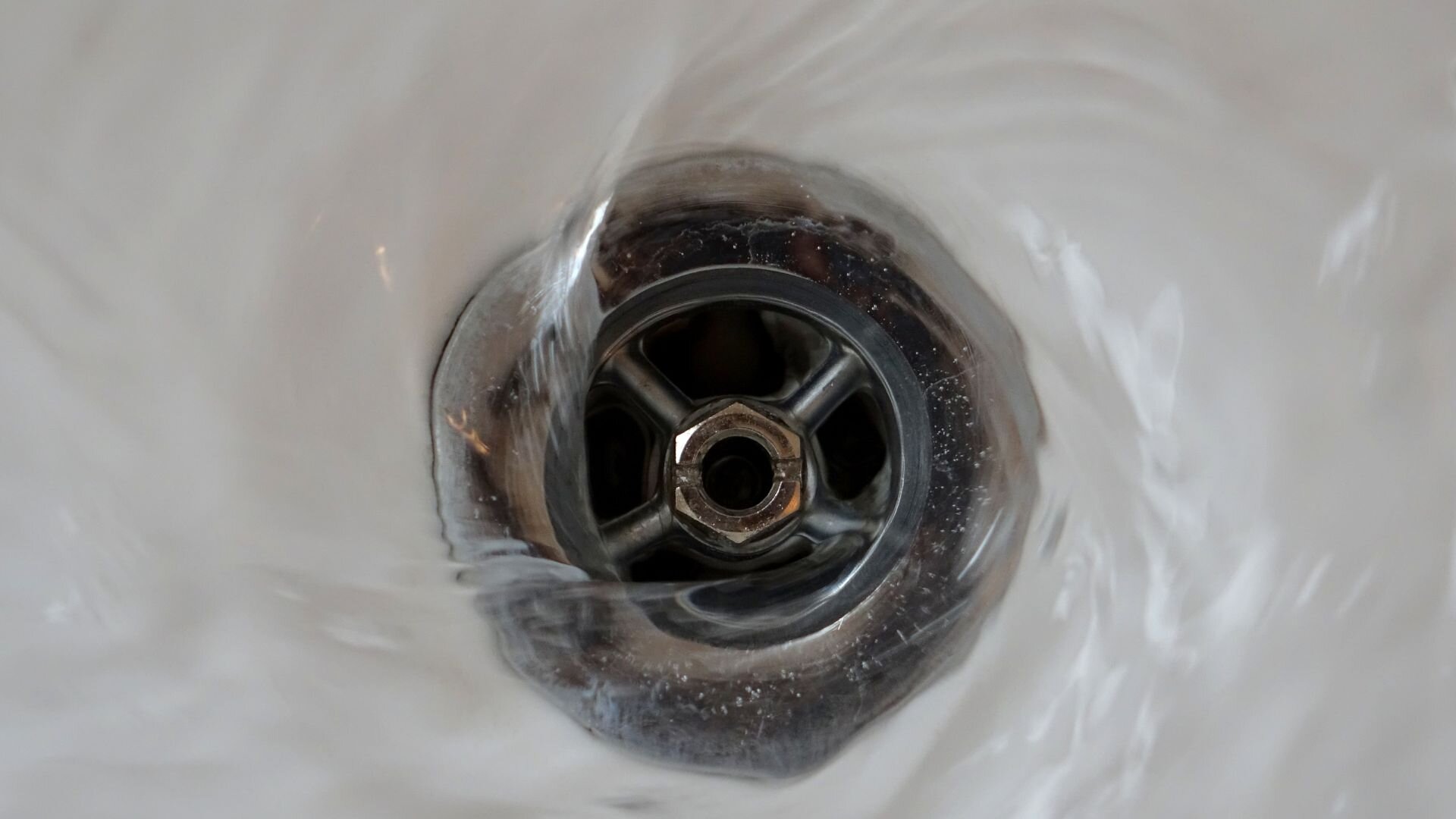
Is Hard Water Worsening Your Sink Problems?
Hard water can lead to several common indicators that your sink is suffering from mineral buildup:
- Slow draining water: Mineral deposits from hard water can restrict water flow, causing your sink to drain slowly.
- Persistent clogs despite regular cleaning: Hard minerals, like calcium and magnesium, contribute to recurring blockages in pipes.
- White or chalky residue around the sink or drain (limescale): Limescale buildup is a common sign of hard water damage, especially on plumbing fixtures.
- Stubborn soap scum left in the sink: Soap scum caused by the interaction of soap with hard water can accumulate, making it difficult to clean.
These signs aren’t like the usual clogs from debris. The mineral buildup and limescale keep restricting water flow, causing persistent problems that a good clean can’t always fix.
Preventing Sink Blockages from Hard Water
To reduce the risk of hard water blockages, consider these practical preventive measures:
- Install water softeners or filtration systems: A water softener can help reduce mineral content by replacing calcium and magnesium ions with sodium ions, preventing limescale buildup and other hard water problems.
- Regularly clean drains with non-corrosive solutions: Using white vinegar or other non-corrosive cleaners can help remove early-stage limescale build-up and soap scum without damaging your plumbing system.
- Use drain strainers: Drain strainers prevent food particles and grease from mixing with hard water deposits, reducing the risk of clogs.
- Avoid using soaps with high-fat content: Soaps with high-fat content tend to react strongly with hard water, forming more soap scum and contributing to blockages.
Routine maintenance is essential to keep your plumbing system in good condition and to prevent hard water damage. Regularly inspecting plumbing fixtures, cleaning shower heads, and checking for limescale build-up can help maintain water flow and prevent decreased water pressure caused by mineral buildup. Investing in the right solutions, such as water softeners, can also protect your household appliances and reduce energy consumption.
How Professionals Tackle Hard Water Blockages
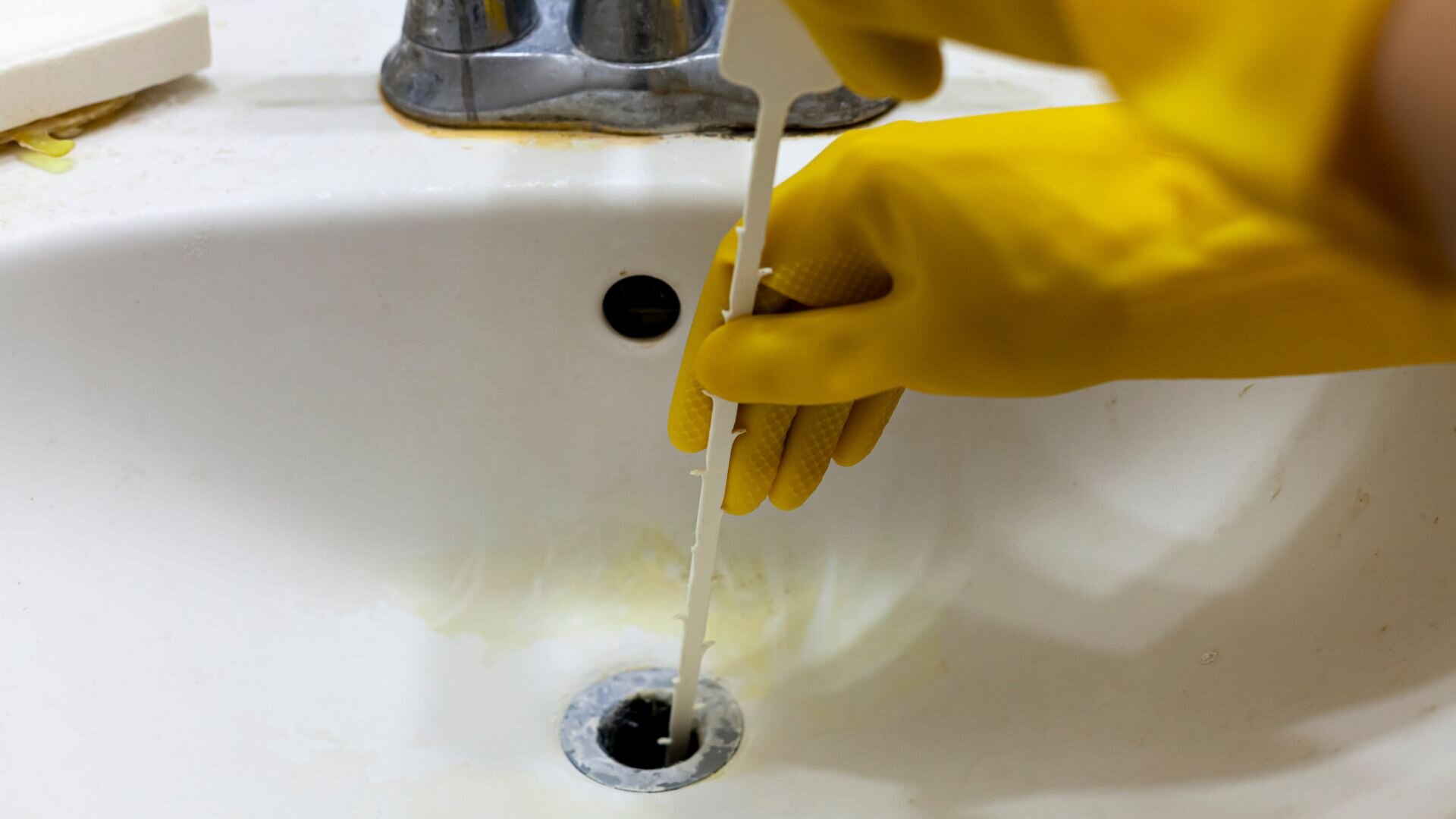
When hard water blockages become too severe for DIY methods, professional sink blockage solutions are often necessary to restore proper water flow. Professionals use several effective methods to address hard water plumbing issues:
- Hydro-jetting: A powerful method to clear limescale and soap scum from pipes, using high-pressure water to remove mineral buildup and restore proper water flow.
- Chemical treatments: Specialised chemical treatments are designed to break down mineral build-up, including calcium deposits, which are often resistant to basic cleaning solutions.
- Pipe inspections: Using cameras to inspect pipes, professionals can assess the severity of blockages caused by scale buildup and determine the most effective solutions.
Professional services are more effective than DIY solutions for entrenched hard water issues because they utilise advanced tools and techniques that can fully clear blocked pipes and address underlying causes.
In the long term, professional maintenance helps improve water flow, reduce low water pressure, and prevent future clogs caused by mineral deposits, ultimately protecting the plumbing system from hard water ruin.
Restore Your Sink to Full Functionality with Woolf Plumbing
If you suspect hard water is causing sink blockages in your home, acting promptly can prevent further damage. Woolf Plumbing specialises in identifying and resolving hard water-related plumbing issues using advanced tools and techniques that ensure effective and lasting solutions. Our expert team can tackle everything from scale build-up in steel pipes to bacterial contamination concerns in drinking water.
Contact Woolf Plumbing today for professional Blocked Sink services, and let us help restore your sink to full functionality.


